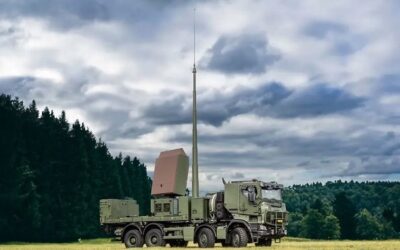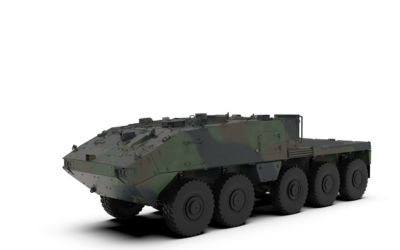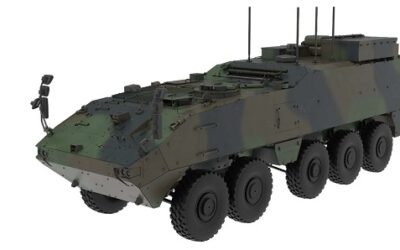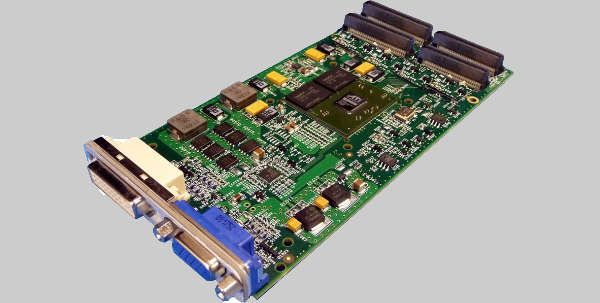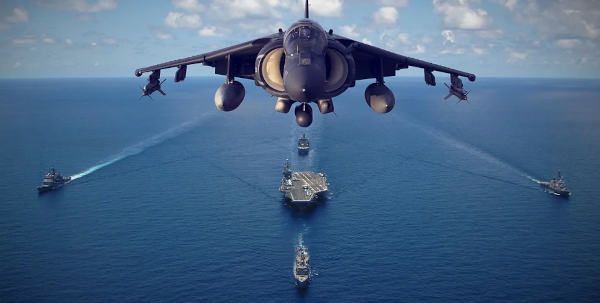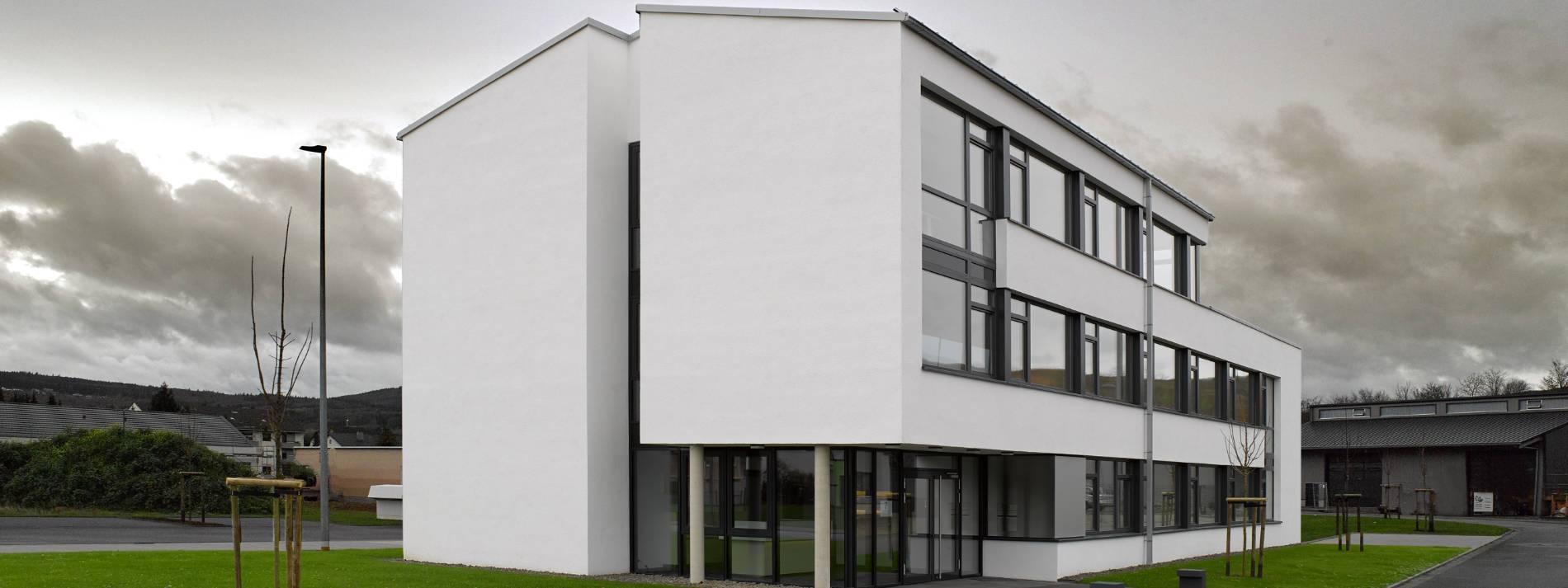US Navy League Sea-Air-Space Exposition Day 2 (10 April 2018) End of Day Report
GE’s Marine Solutions has delivered electrical propulsion systems to about 98 naval vessels around the globe. The modern chapter on shipboard electrical propulsion systems began with the first ship of the Royal Navy’s Type-23 ‘Duke” class hybrid frigates, commissioned in 1989 with extremely noise quiet electric motors for ASW operations. In the approximate, following three decades, GE has delivered hybrid electric drive plants to US Navy ‘LHD’ and ‘LHA’-class amphibious assault ships and all-electric drive propulsion systems to that service’s ‘Zumwalt’-class destroyer. GE’s electric propulsion systems also equip the Royal Navy’s new ‘Queen Elizabeth’-class aircraft carriers and other classes of vessel. Ben Salter, Naval Technical Solutions Director recalled, “We had a really successful trial with the electric aircraft carrier this past summer.”
There are two trends driving the demand for electric propulsion, according to Mr. Salter. In one instance, navies are pushing the boundaries of technology, witnessed with DDG-1000 Zumwalt, where service leaders envision the platform to host electric guns and related onboard operational systems, with increased demand for on-board electric power being met by an integrated full electric propulsion system. At the same time, hybrid electric drive for latter ships of the LHA/D and other classes, “supports an economic reason, with the hybrid system enabling high energy-efficiency operation in electric drive mode, which has been terrific. It has paid for itself many times over, with fuel savings that have been delivered,” the industry expert said.
GE continues to seek technology advancements in the form of higher efficiencies, better power densities in its individual propulsion motors and other electric drive components. However, the next technology advancement in this sector will be at the system level, according to Mr. Salter. He explained, “What we’re going to be integrating next is energy storage. The opportunity the world has thrown our way in the last 10 years is the massively increased capability of lithium ion battery technology – and beyond that, the ability to store, in solid state, large amounts of electrical energy in a relatively compact space. This releases great potential to us in the form of system capability of a ship.”
So conventionally, a ship has had to have at least two generator sets running, even if they were lightly loaded, to mitigate the risk of one set “tripping” and blacking out the ship’s electrical power. “If an energy storage device could ‘cut in’ in an instant, catch that entire ship load and hold it up long enough to start that next engine, it doesn’t have to run all the time. It can be in ‘stand by’ where it is not burning fuel or running inefficiently,” the GE Executive said and added, “That energy storage, by being there to take the risk out, to manage any potential fluctuations in a power system, releases the ability to not wear out the engine and burn excess fuel – the economic benefit.”
This additional flexibility is also evident in combat operations, where an extra, uninterruptable supply is available to power radar, weapons and other onboard materiel, and provide the crew time to reconfigure the vessel’s electrical configuration after battle damage, prioritizing loads to achieve the mission.
So electric propulsion has brought low noise, high efficiency and additional capability to today’s generation of warships and we can expect increased flexibility and survivability of warship power systems in the future.
Marty Kauchak

